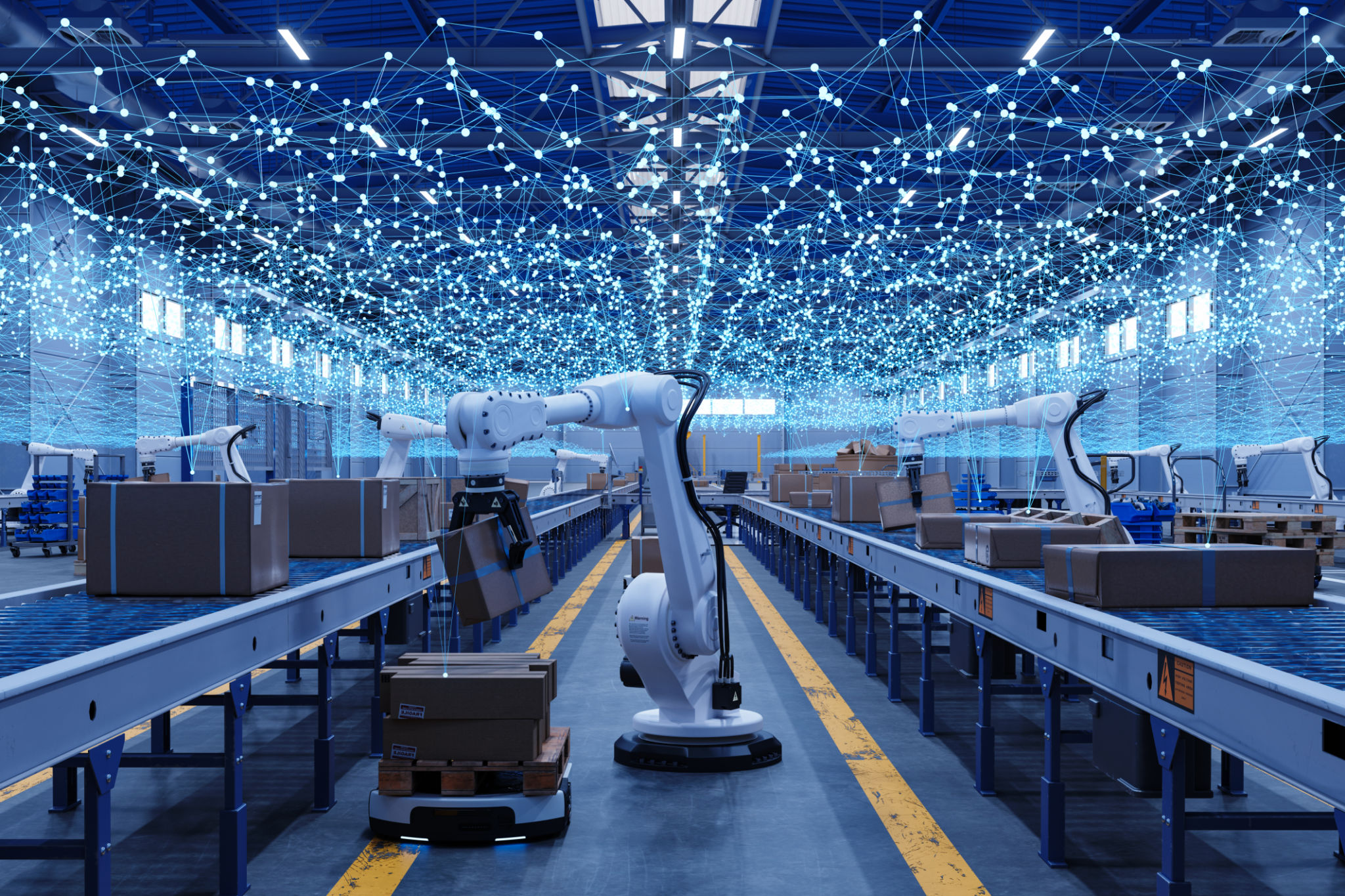Expert Insights: The Future of Business Automation in New Zealand
The Evolution of Business Automation
Business automation in New Zealand has seen significant growth over the past decade. As technology advances, companies are increasingly leveraging automation to enhance efficiency, reduce costs, and improve customer experiences. The future of business automation promises even more transformative changes, with the integration of artificial intelligence, machine learning, and IoT devices playing pivotal roles.
The demand for automation solutions is driven by the need to stay competitive in a rapidly evolving market. Businesses are now adopting automated processes not just for back-office operations but also for customer-facing functions. This shift ensures that companies can deliver faster services while maintaining high quality.

Key Trends in Business Automation
Several key trends are shaping the future of business automation in New Zealand. Firstly, the integration of AI and machine learning into automation tools is enabling more intelligent decision-making processes. These technologies can analyze large datasets to provide insights and recommendations, helping businesses optimize their operations.
Another trend is the rise of robotic process automation (RPA). RPA allows businesses to automate repetitive tasks that were previously done manually. This not only saves time but also reduces the likelihood of human errors. As RPA technology becomes more sophisticated, it's expected to handle increasingly complex tasks.

The Role of Internet of Things (IoT)
The Internet of Things is another crucial component in the future of business automation. IoT devices can collect and transmit data in real-time, providing valuable insights into various aspects of a business. For instance, in the manufacturing sector, IoT can monitor equipment health and predict maintenance needs, reducing downtime.
Moreover, IoT enhances supply chain management by providing visibility into inventory levels and movement. This allows businesses to make more informed decisions regarding stock replenishment and logistics, ultimately improving operational efficiency.

Challenges and Considerations
While the benefits of business automation are clear, companies must navigate several challenges. Data security is a primary concern as businesses automate processes that involve sensitive information. Implementing robust cybersecurity measures is essential to protect against potential breaches.
Additionally, there is the challenge of workforce adaptation. As automation takes over routine tasks, employees may need to upskill or reskill to remain relevant in an evolving job market. New Zealand businesses must invest in training programs to support their workforce through this transition.
The Future Outlook
The future of business automation in New Zealand looks promising as companies continue to adopt innovative technologies. As automation becomes more pervasive, it will not only streamline operations but also enable businesses to explore new revenue streams and enhance customer satisfaction.
Organizations that embrace this technological shift will likely gain a competitive edge. By focusing on strategic implementation and addressing potential challenges, New Zealand businesses can harness the full potential of automation to drive growth and success.